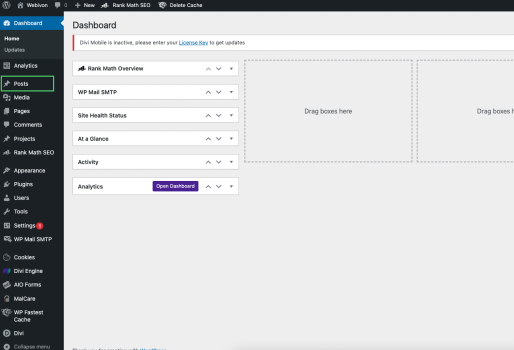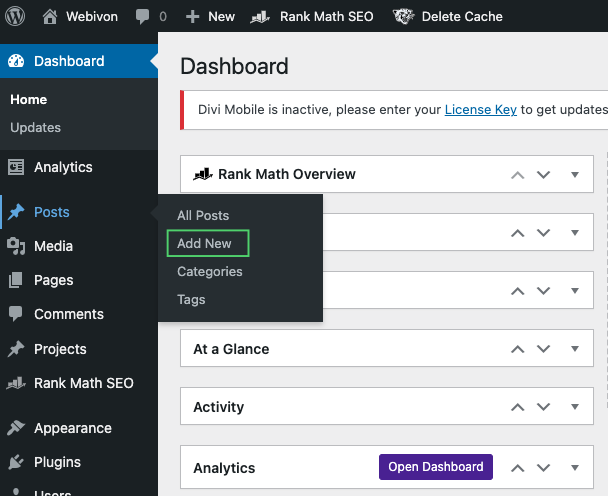
What Are AI Agents? A simple Explanation
Artificial Intelligence (AI) has revolutionized the way businesses operate and individuals interact with technology. One of the most exciting advancements in this field is the development of AI agents. These autonomous entities are designed to perform tasks, make decisions, and interact with users in a way that mimics human behavior—all while learning and improving over time.
In this article, we’ll delve into the world of AI agents, exploring their definition, functionality, applications, and the impact they have on various industries.
What Is an AI Agent?
An AI agent is a software program or virtual entity that uses artificial intelligence to perform specific tasks. Unlike traditional software, which follows predetermined instructions, AI agents are designed to operate autonomously. They analyze data, adapt to new information, and execute tasks with minimal human intervention.
Key Characteristics of AI Agents
- Autonomy: AI agents can operate independently, making decisions without constant oversight.
- Adaptability: They learn from past experiences and improve their performance over time.
- Interaction: Many AI agents can communicate with users through natural language processing (NLP).
- Goal-Oriented: They are programmed to achieve specific objectives efficiently.
How Do AI Agents Work?
AI agents rely on a combination of advanced technologies, including:
- Machine Learning (ML): Enables the agent to identify patterns, predict outcomes, and improve decision-making through training on large datasets.
- Natural Language Processing (NLP): Allows the agent to understand and respond to human language.
- Reinforcement Learning: Encourages the agent to optimize actions by rewarding desired behaviors.
- Computer Vision: Enables the agent to process and interpret visual information, such as images or videos.
- Knowledge Representation: Provides a structured way to store and retrieve information, facilitating reasoning and problem-solving.
Applications of AI Agents
AI agents are transforming industries across the globe. Here are some of the most impactful applications:
1. Customer Support
AI agents, such as chatbots, provide 24/7 assistance to customers. They handle common queries, troubleshoot issues, and escalate complex problems to human agents when necessary.
2. Healthcare
In healthcare, AI agents assist in patient care by scheduling appointments, reminding patients to take medications, and even diagnosing medical conditions through analysis of symptoms.
3. Sales and Marketing
AI agents optimize sales funnels by analyzing customer behavior, generating leads, and automating follow-up communications.
4. Finance
Financial institutions use AI agents to detect fraudulent activities, provide personalized financial advice, and manage investments.
5. Education
AI agents act as virtual tutors, personalizing learning experiences and assisting students with their academic needs.
6. Smart Homes
Voice-activated AI agents like Alexa, Google Assistant, and Siri help users control home devices, set reminders, and access information seamlessly.
Benefits of AI Agents
- Increased Efficiency: AI agents handle repetitive and time-consuming tasks, freeing up human resources for strategic work.
- Cost Savings: Automation reduces the need for manual intervention, cutting operational costs.
- Personalization: They deliver tailored experiences based on user preferences and behaviors.
- Scalability: AI agents can handle a growing number of tasks and users without compromising performance.
Challenges and Ethical Considerations
Despite their advantages, AI agents come with challenges that must be addressed:
- Data Privacy: Ensuring that user data is protected and not misused.
- Bias in Decision-Making: Avoiding the replication of biases present in training data.
- Accountability: Determining responsibility when AI agents make incorrect or harmful decisions.
- Job Displacement: Addressing concerns about automation reducing employment opportunities.
The Future of AI Agents
The evolution of AI agents is poised to reshape industries and redefine human-computer interactions. Emerging trends include:
- Advanced Emotional Intelligence: Future AI agents will better understand and respond to human emotions.
- Integration with IoT: Seamless connectivity with Internet of Things (IoT) devices will enhance their capabilities.
- Enhanced Decision-Making: AI agents will become more sophisticated in analyzing complex data and making informed decisions.
Conclusion
AI agents are at the forefront of the AI revolution, driving innovation and efficiency in countless fields. From automating mundane tasks to providing intelligent insights, these virtual assistants are transforming the way we live and work. As technology continues to advance, the potential of AI agents will only grow, offering new opportunities and challenges to explore.







Recent Comments